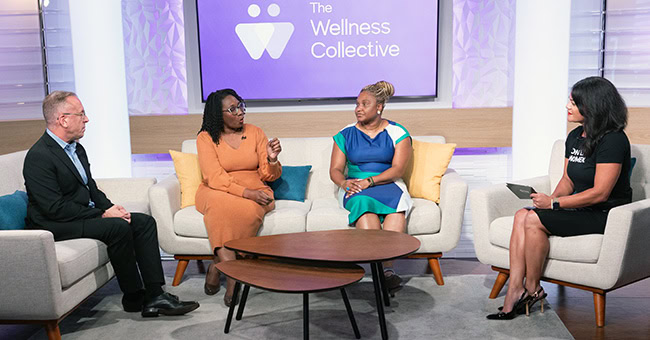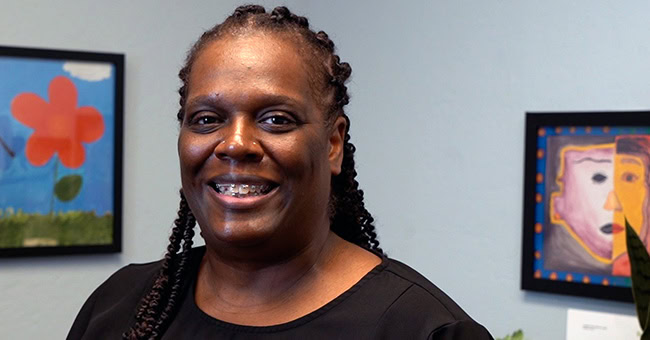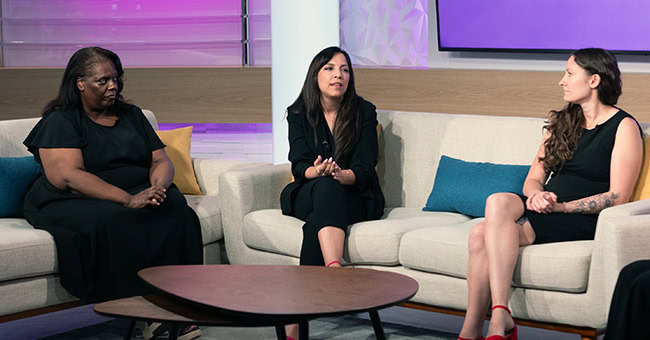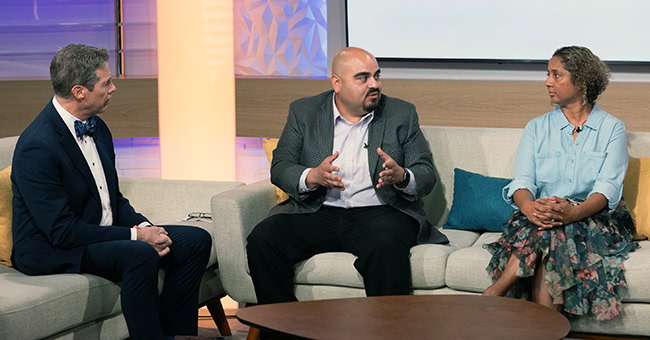PHOENIX (STN) – A recent report co-authored by the State of Black Arizona and the March of Dimes’ Mom & Baby Action Network reveals that Arizona is struggling to protect and care for pregnant Black women and their newborns.
“We have a population of young women who should not die,” said Dr. Sharon Thompson from Central Phoenix Obstetrics and Gynecology.
The maternal and infant health report showed that preterm births, low birth weights, infant mortality, and maternal mortality are all significantly higher within Arizona’s Black community compared to other ethnic groups.
Watch The Wellness Collective Action Panel:
Thompson’s stark assessment of the results was part of a panel discussion hosted by ‘The Wellness Collective’ during the season premiere of ‘It Happens at STN.’ She was joined by Teniqua Broughton, CEO of the State of Black Arizona, and Tad Gary, CEO of Mercy Care, the organization behind ‘The Wellness Collective.’
‘These are young women, prime of their lives and they’re getting very sick and dying,” Dr. Thompson said. “So focusing on that population is so important because changes we make for them will have [a] ripple effect for everyone else.”
The report highlights troubling statistics: Across the country, Black women are three times more likely to die from pregnancy-related causes than white women. Black mothers are twice as likely to receive late or no prenatal care compared to non-Hispanic white mothers, and the infant mortality rate is 2.4 times higher than that of non-Hispanic white mothers.
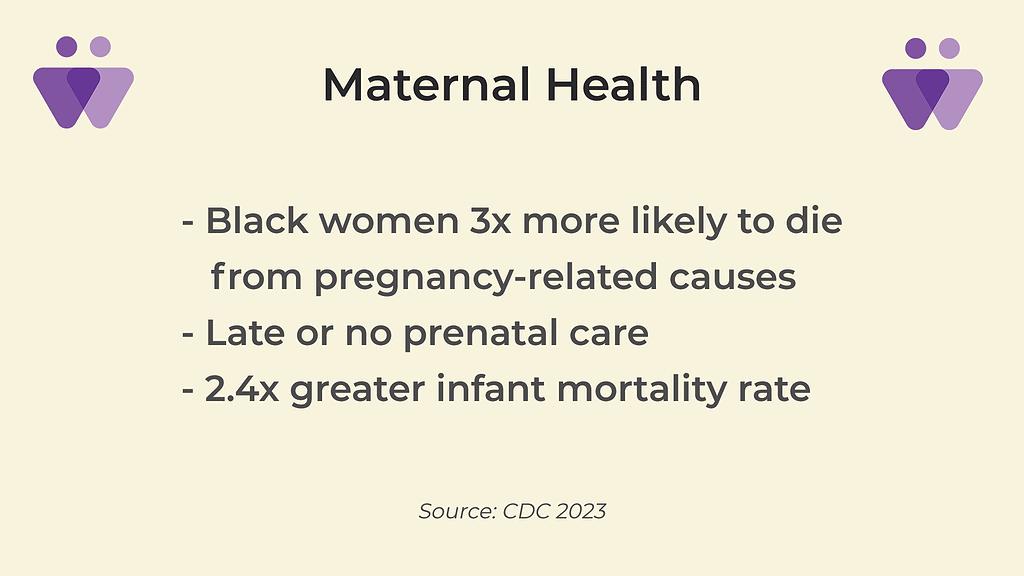
The numbers for Arizona specifically are similar. Preterm and low-weight births for Black babies are significantly higher than for white babies. The infant mortality rate is 2.5 times higher in the Black community than in non-Hispanic whites. And, the “severe maternal morbidity rate for Black mothers is twice that of white mothers.”
The pressing question remains: how do we address these disparities?
From his position leading an organization that manages healthcare for Medicaid and Medicare enrollees, Gary emphasized that the first step is making people aware of the issue. Only then, he said, can the conversation about solutions begin.
“Let’s ask ourselves some key questions as we think about how do we make things better,” Gary said. “How can you advocate for better outcomes? What can you do around investing in the community? What partnerships or collaborative arrangements can you have within the community help support these outcomes? What do you have to do as an organization to evolve, to transform yourselves in order to help produce the outcomes that we’re hoping for?”

“We have a population of young women who should not die!”
- Dr. Sharon Thompson / Central Phoenix Obstetrics and Gynecology
Dr. Thompson, who helped author the report, stressed the importance of examining historical and institutional racism’s role in high maternal morbidity rates among Black women.
“Some women get treated very differently than other women,” Thompson said. “We want everyone who enters a healthcare encounter to have the same opportunities for an excellent outcome. That’s not what we’re getting right now.”
Broughton explained why her organization felt it was necessary to support the research.
“It’s not just about putting out another report that says what we already know, but to think about how we can look at strategies before they even begin to fester even further,” Broughton said. “We have been able to put out a white paper that looks at addressing unequal treatment and racism, [now] we’ll move to access to care, looking at environmental issues as well as economic opportunity.”
Dr. Thompson concluded by emphasizing what organizations and individuals need to do to make the system more equitable.
“We have to think about how do we put processes and practices in place so that the biases we bring don’t result in differential outcomes,” she said. “That’s work we can all do regardless of where you sit, regardless of what your job is. Change your definition of what equity means.”
Visit the State of Black Arizona website to download the full report.


